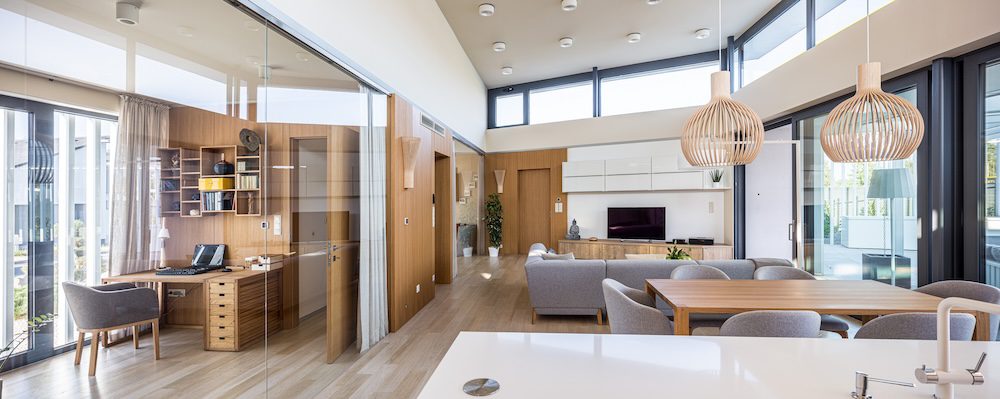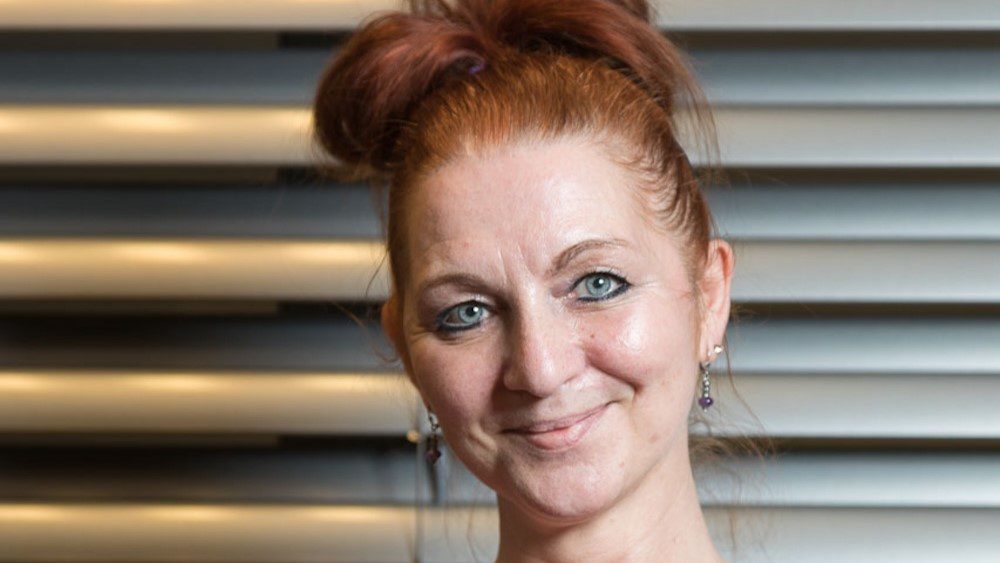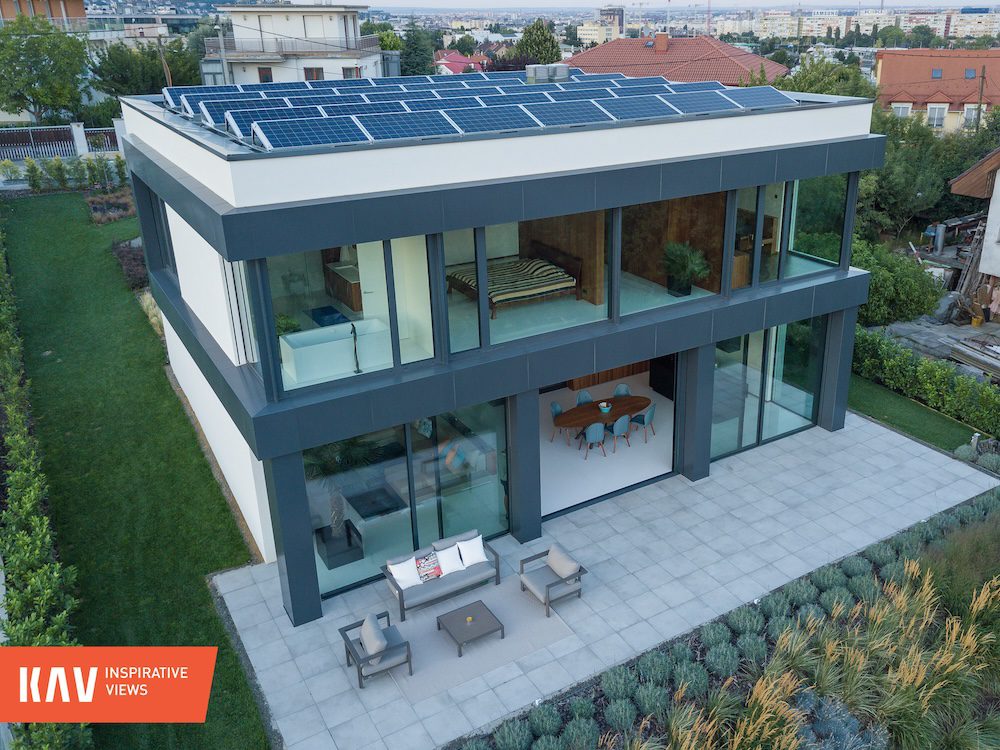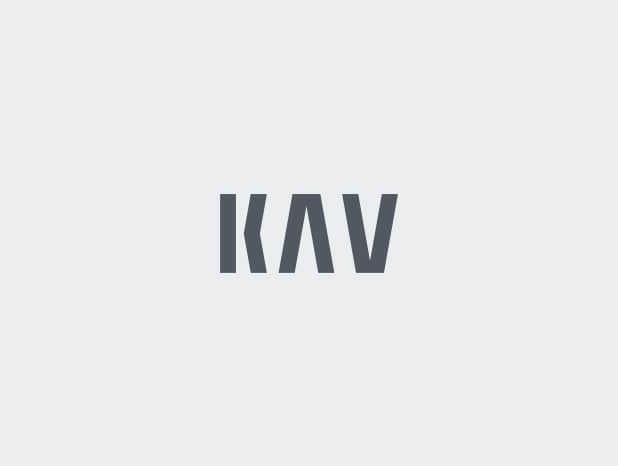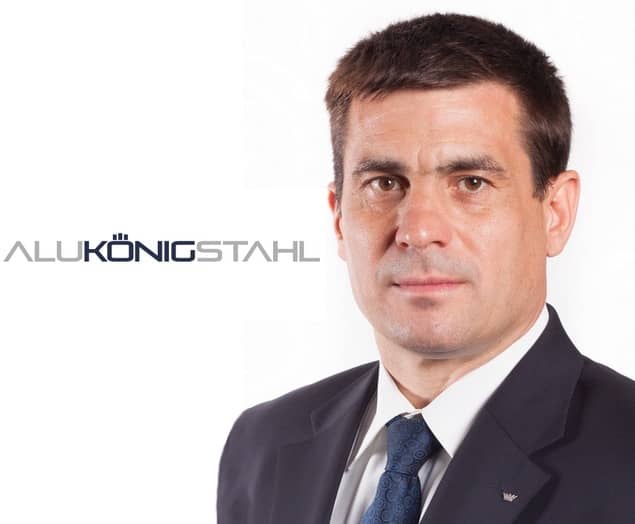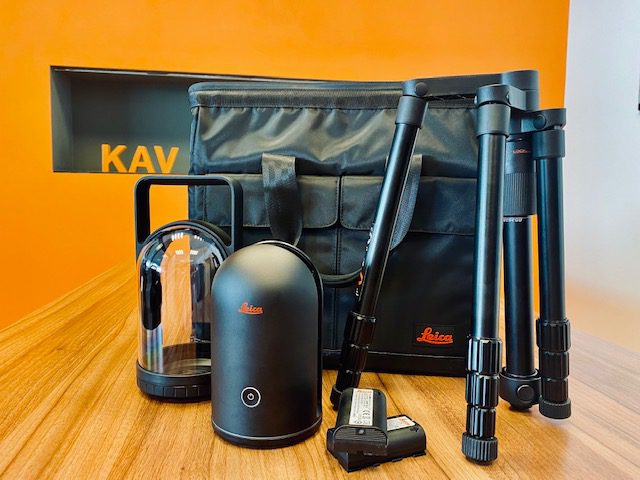We will come out of this situation even stronger

Measures to curb the coronavirus epidemic have created unexpected situations in almost every area of our lives and economies. In this situation, how can we put in place competitive, proactive, and workable, yet effective procedures to serve customer needs? Károly Lovász, Managing Director of the company, reports on the changes at KAV.
Human contact is unavoidable in many areas of the door and window profession. In this situation, how can you avoid a total office and production shutdown?
At KAV, all workflows involve human encounters and contacts, apart from the individual stages of manufacturing preparation, and certain steps of engineering work that can be done while separated. This includes close staged collaboration between colleagues during the consultation with the architect and customer relations, in the calculation or preparation phase, in development meetings, but personal presence is also unavoidable during assembly in the Kisbér plant, in-and-out deliveries and on-site installation. In this unprecedented situation, we did not panic, but tried to respond in the most practical and progressive way possible. As far as we have separated all our internal processes, we have cut out physical contact between certain steps. The introduction of this has been greatly helped by the fact that KAV employees demonstrate much more flexibility than usual in their work, enabling them to follow up changes individually and collectively. What is possible is put out to be worked on from home, obviously with the addition of additional IT resources. In addition to the new plant equipment we purchased for the production of aluminium doors and windows within the company, we have also continuously improved our IT background. For example, in addition to expanding the traditional computer network infrastructure, a few months ago we began to implement a new corporate management system, proactively aligned with our workforce, which facilitates the flow of information between Budapest and Kisbér, customer relationship management, preparation and the production plant. I thought it would be much easier and slower to implement the live ERP system, but it turned out that now is the time for full centralisation. For some colleagues, we also changed work processes and responsibilities (sometimes reduced them, sometimes expanded them) to help prevent trouble in this way.
Was it important because of age differences?
In part, yes, as we try to keep older colleagues out of work processes that require a personal presence, but we also have colleagues, or those who live with them, who have weaker immune systems, and we do not want to expose them to the risks of office commuting or business travel. But it was also important to think about what you can do most efficiently at home in the context of working from home and the IT opportunity that comes with it. Thus, for example, colleagues who are otherwise engaged in construction work are now partly carrying out pre-production tasks beyond their existing responsibilities, albeit slightly lowering their former boundaries. We also expect that there will be a period when we will have to stop in-plant production, as happened on Saturday in Italy.
How could you prepare for that?
Already in the early stages of the virus, when there might not have been any patients in Hungary, we had considered our hygiene needs and started procuring the necessary items for protection. I feel that, in our office environment in Budapest, we started preparations a lot earlier than we could hear about elsewhere. For example, we have introduced new internal rules for complete separation, i.e. the one person – one office – one day principle. We have also separated the offices in terms of assets (e.g. printing) and there are no common meals. We cannot stop negotiations, meetings, communication with designers, customer needs assessment and sales. At Kisbér, a much larger common airspace exists in the plant. There, we try to run production control through a home office solution or apply a reversed work schedule. We sat down with colleagues and discussed whether to stop; they were in favour of stricter rules, but we will produce for as long as we can. Suppliers also try to fulfil our orders, and we hope that this will be the case in the long run. Of course, if the situation warrants it, we will respond with a complete shutdown of the plant.
Over the past two weeks we have been prepared for a lot of things and, at my request, my white collar colleagues, who take seriously this epidemic situation, have prepared an individual action plan that we have shared with each other so everyone knows what they are capable of, good at, and how to be more flexible. They trust each other and the company on our jointly created platform. It is spectacular how the transparency of the processes gives us a sense of security. It is fantastic to see colleagues responding to this situation, and I feel they do not do it because they are worried about their workplace, but because they trust that it is possible to come out of this situation better than we went into it.
How is it possible?
As a manager, I also feel that we will come out of this situation with more strength, in terms of both our financial and professional advancement. Considering that our company is top-heavy in preparation and professional specialization, but also due to its internally developed products – that is, our production preparation needs are very high, we do the preparation work much more precisely with more drawing materials and communication – because, in the event of a shutdown, we can make significant progress with these processes without any wasted time. On the production side, we have prepared processes in such a way that after a stoppage, we can make up for the lost production soon enough: I trust my colleagues’ knowledge and willingness to work. We all work to preserve the strengths of the company and to approach this period in such a manner that we will able to come out of it as winners.
What about constructions Do you experience downtime?
As long as we are able to manufacture and deliver to our houses continuously, our implementation work is ongoing, and we consult our own team and subcontractors about it on a daily basis. Based on feedback, there are building sites where the on-site and delivery work is centrally stopped, while others are considering it on the basis of government measures. Everyone is determined that houses have to be completed; the Customer trusts us, and we have to live up to expectations. With shifted work schedules, keeping adequate physical distance and a lot less work in a shared airspace, we try to do our job on site. In the field of construction, the supply of consumables and fittings is an issue of concern, but we try to build up as much of a reserve as possible, so we have also restructured our ordering and storage processes.
Most companies tend to panic and one can also hear about layoffs. But you followed a different path. How can one look positively at a crisis situation?
I think panic is the worst management reaction in this situation. I hear it myself, I can see it, and we also realise with our vacant positions that the labour market has suddenly started to move. We see the construction industry trying to react abruptly with layoffs. To put it bluntly, there was no push for our job as a construction manager, installer or preparer, although we have set the bar high, but now I get CVs on a daily basis. As a responsible company manager, I do not think it is a good idea to start throwing people out of the boat in a storm. The attitude of my colleagues, the methodologies built up in the company, the relationships and the hopefully effective and facilitating Government steps that are expanding in their direction all send me signals that KAV will survive this period, even if the economy or the construction industry will be in this situation for a long time. I feel that anyone who is keeping his wits right now is not cutting jobs. He is trying to keep the existing staff, restructures if it’s needed, sits down with his people and discusses the situation, even on a new footing, so he comes out of this period in good shape. Otherwise, how does a company deal with a recovery after a restart? But let’s just look at the employee side: after recovery, which employee would go to work for a company where people were fired at the first difficult moment?
MoreNews
